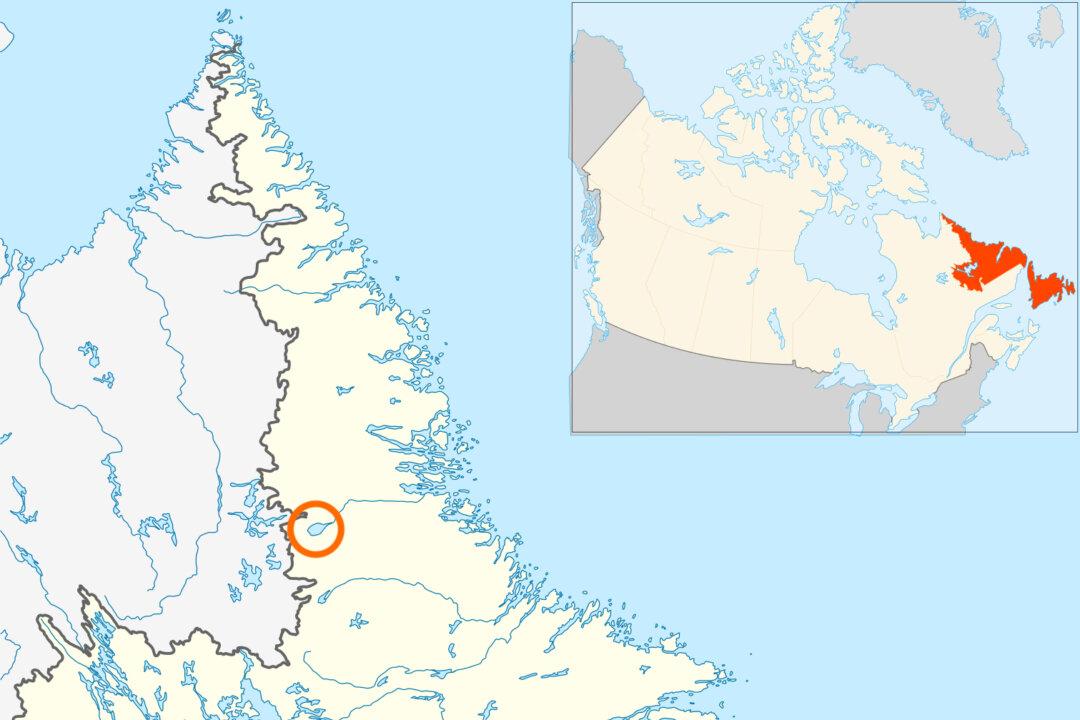Chinese officials tried to pressure a human rights research institute to cancel an event at Concordia University in Montreal that featured an exiled Uighur Muslim leader, one of the event’s organizers says.
Kyle Matthews, executive director of the Montreal Institute for Genocide and Human Rights Studies at Concordia, said he was contacted by the Chinese consul general in Montreal on March 25 regarding a conference planned for the next day about the repressed Uighur Muslim sect in China’s Xinjiang region, reports CBC.





